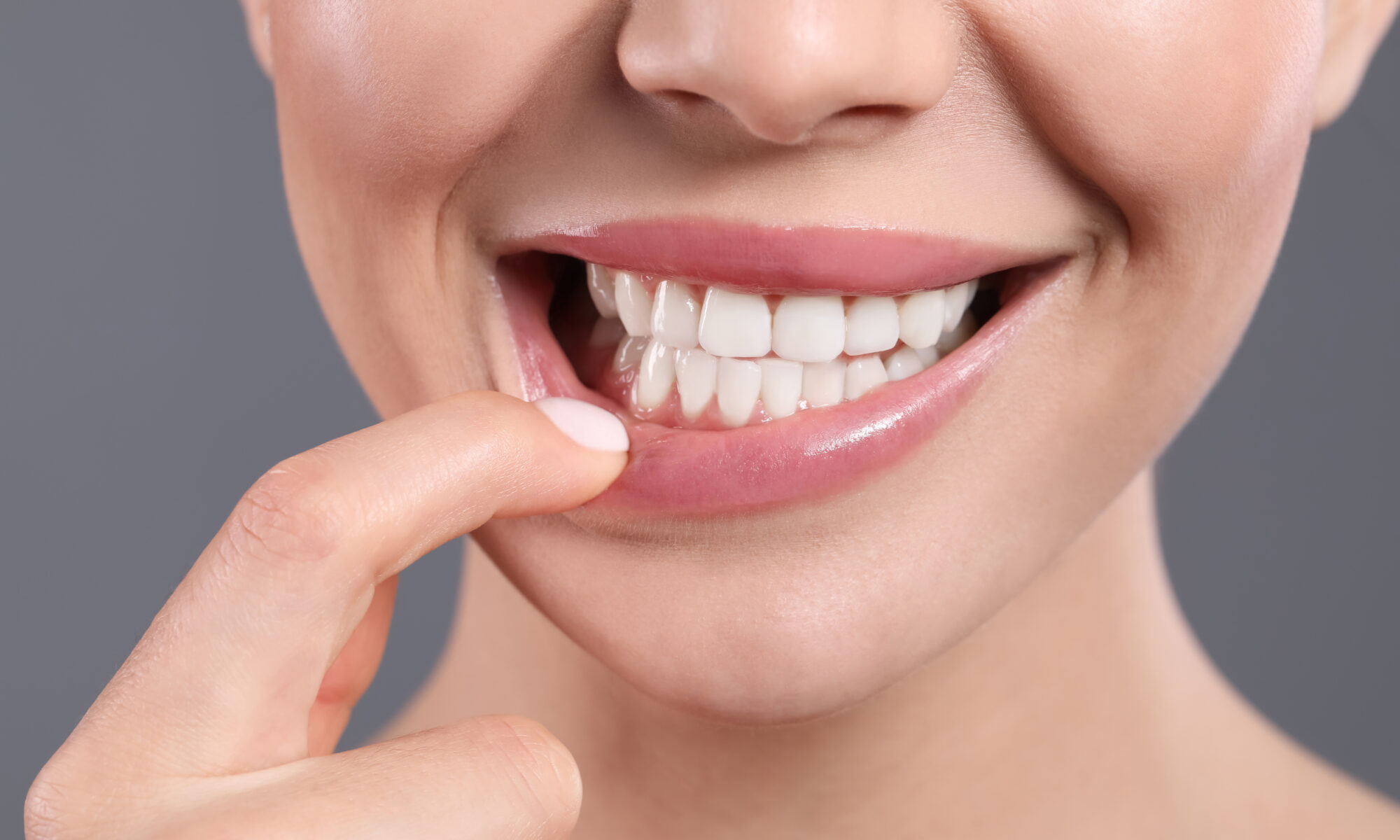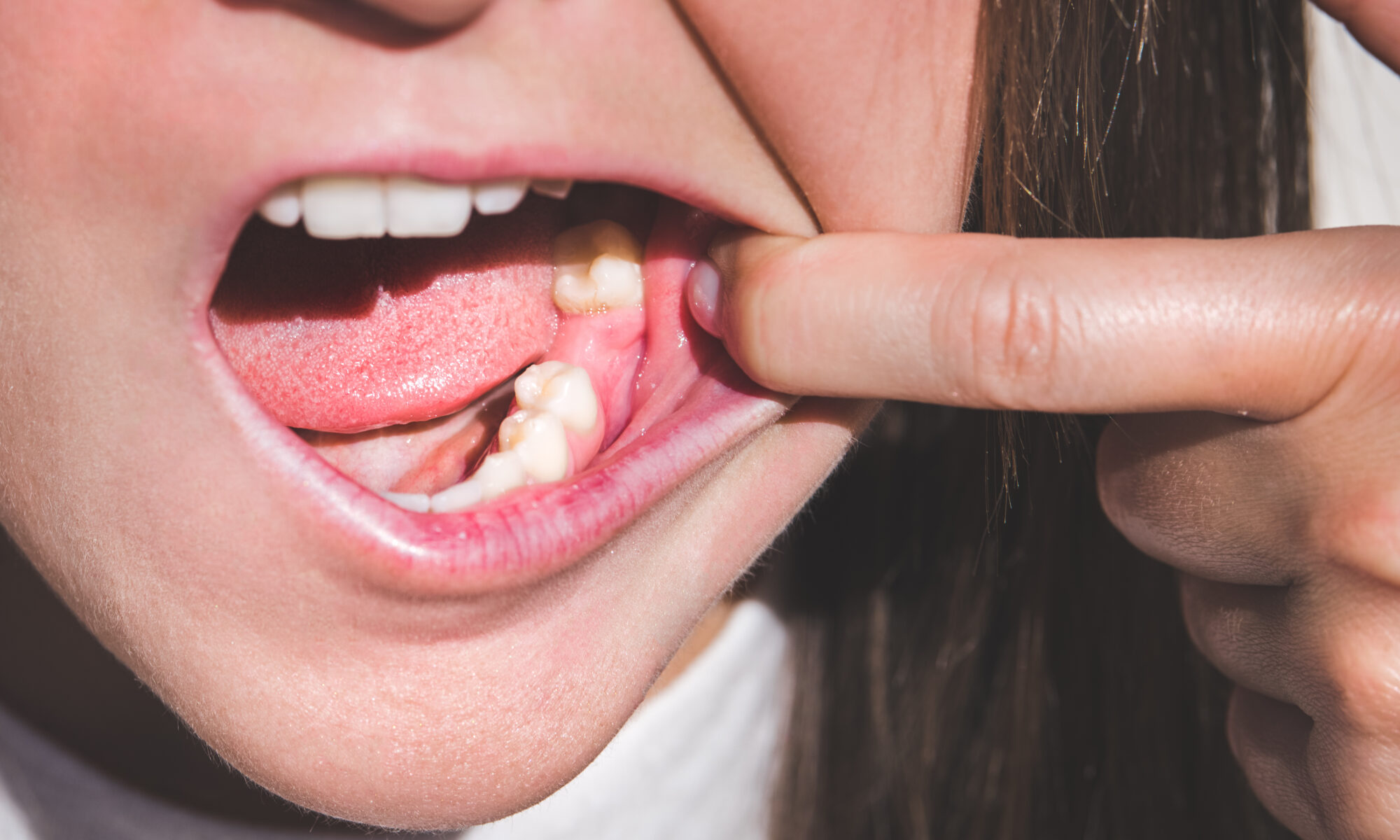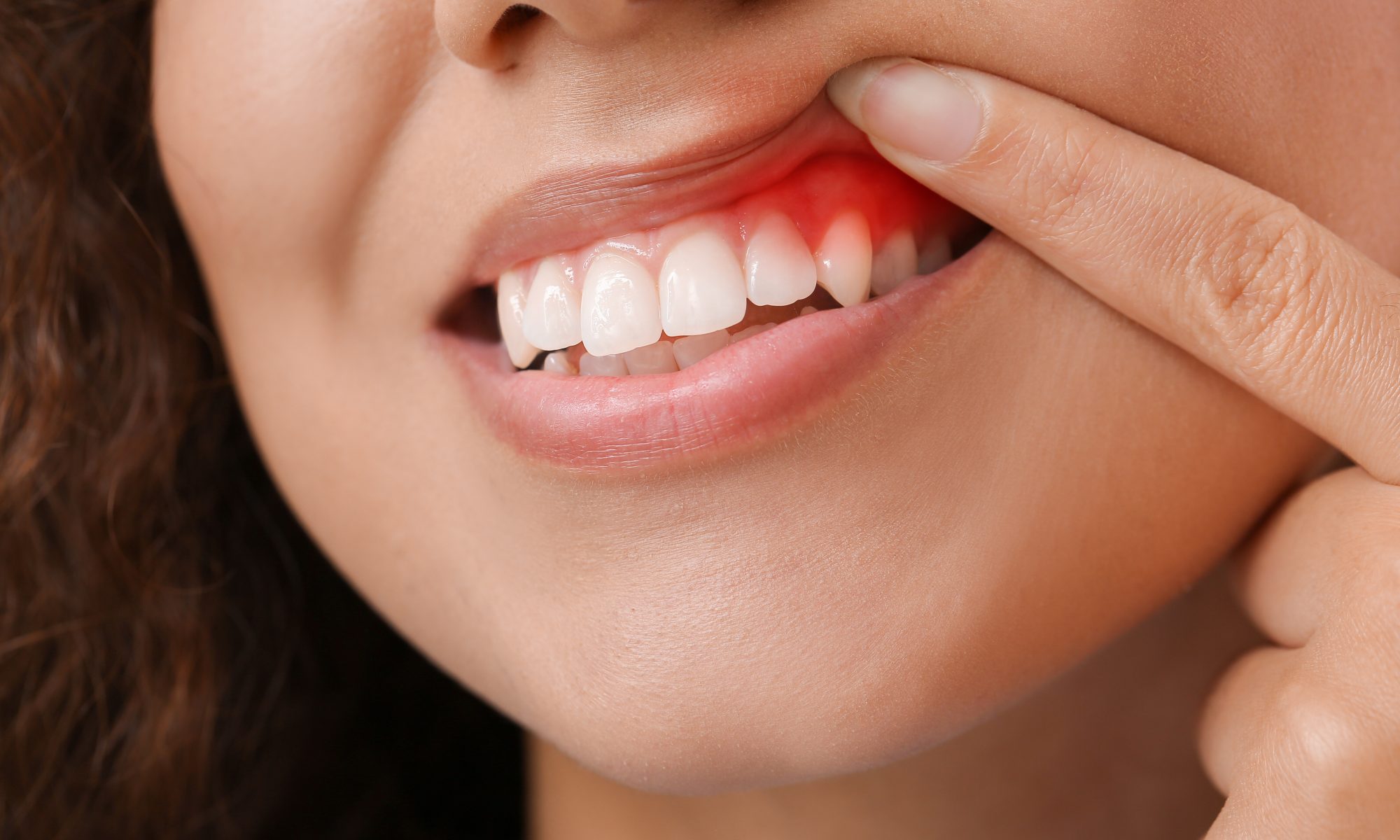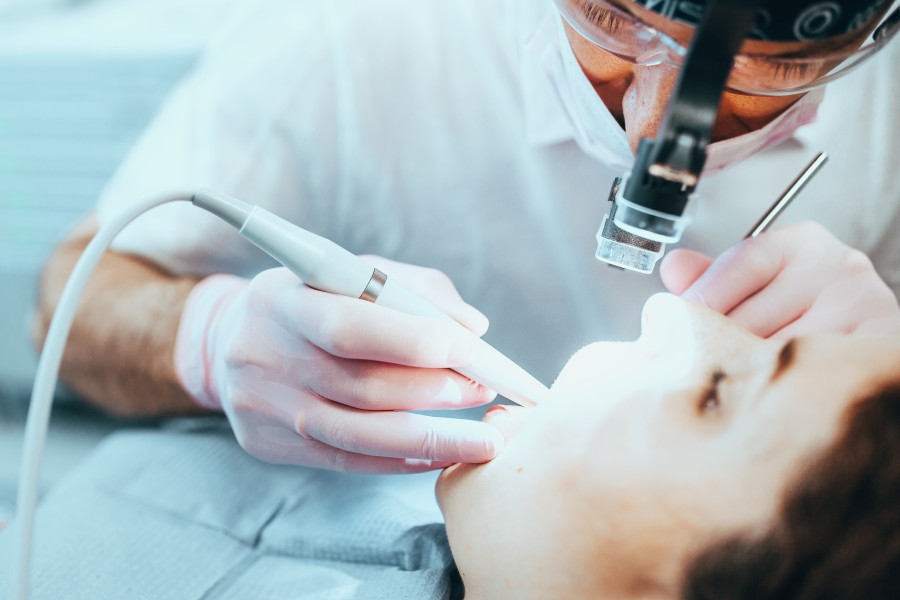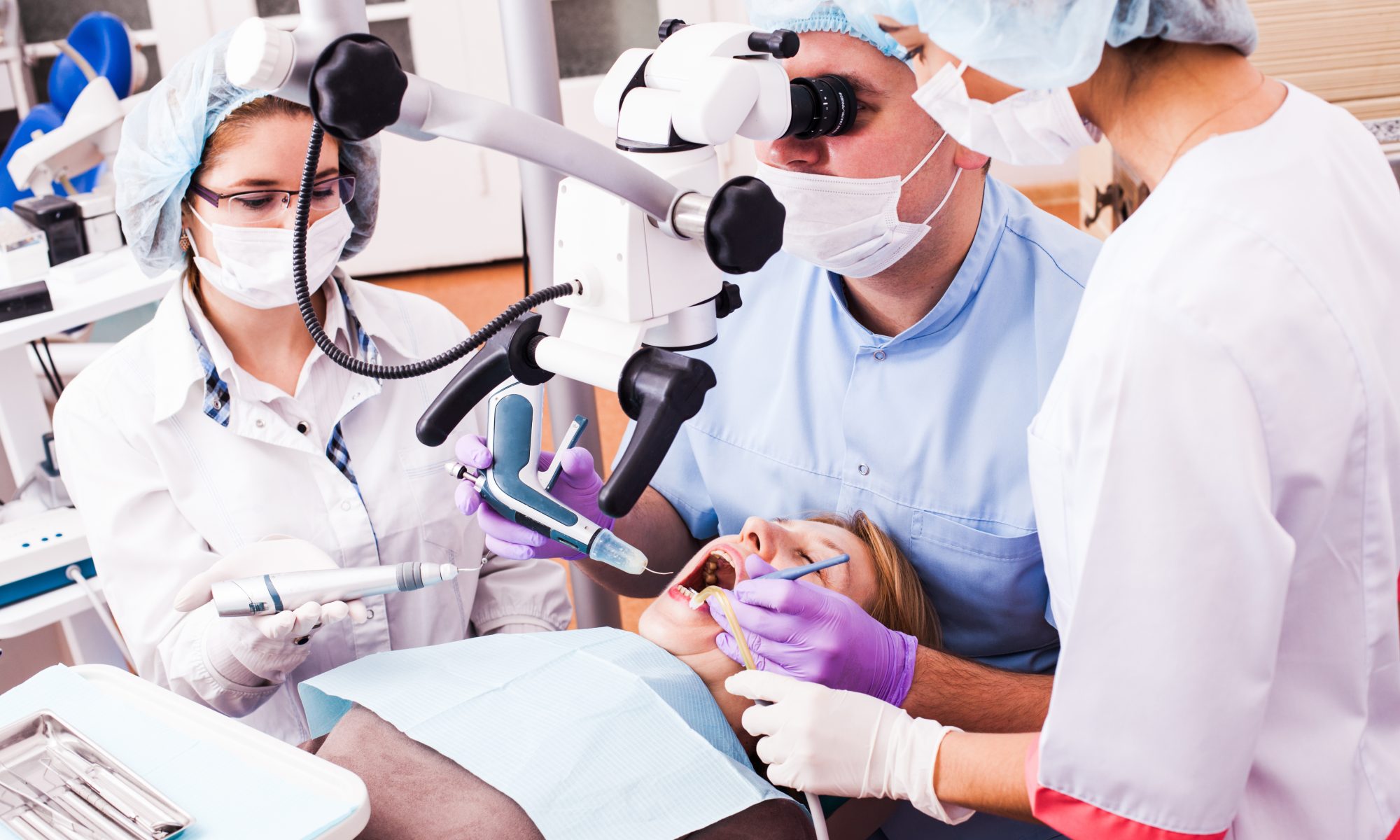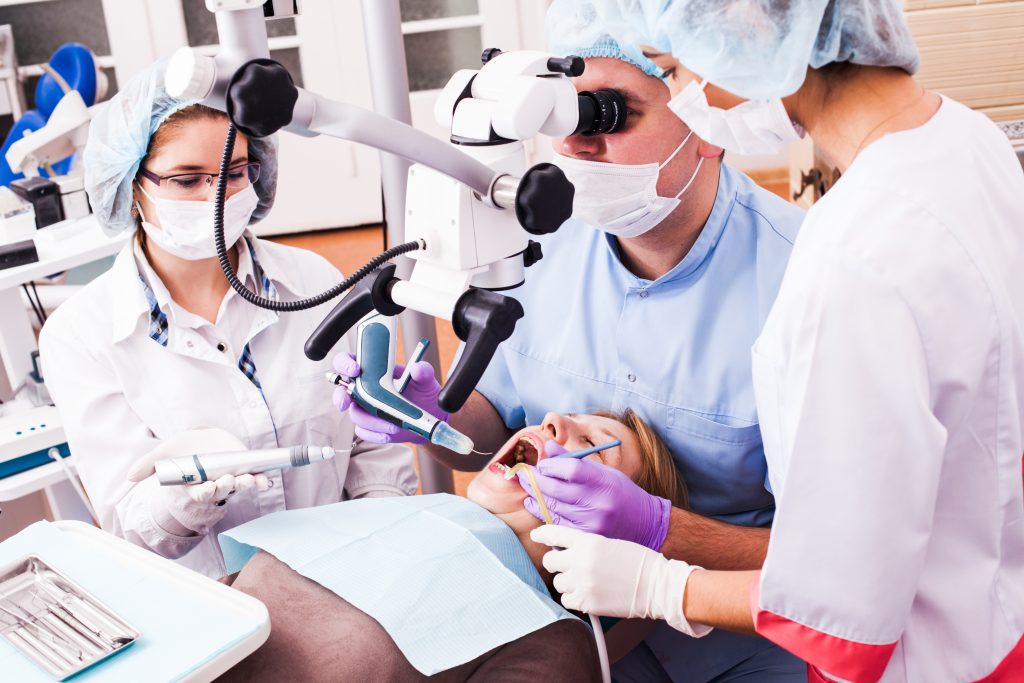Welcome to Downtown Dental Specialty! We understand that gum disease and its treatment can be overwhelming, especially when it comes to understanding the various aspects and implications. That’s why we’ve gone the extra mile and compiled a comprehensive list of frequently asked questions to provide you with all the necessary information and guidance to navigate this topic with ease.
We aim to ensure that you clearly understand gum disease, its causes, symptoms, and the different treatment options available in San Diego, CA. Rest assured, our team is here to make sure you receive the best care in town.
What is Gum Disease, and What Causes It?
Gum disease, scientifically known as periodontal disease, is a chronic infection that affects the gums and underlying bone structure supporting the teeth. It’s caused by the buildup of plaque, a sticky substance that provides a breeding ground for harmful bacteria.
Factors like hormonal changes, inadequate oral hygiene, smoking, certain medications, and even genetic predisposition can also influence gum disease. By understanding the multifaceted nature of this condition, we can take proactive measures to prevent and treat this common oral health issue.
What are the Symptoms of Gum Disease?
Symptoms of gum disease can vary in severity and may include the following signs:
- Swollen or tender gums that may appear red or purple in color. A feeling of sensitivity or discomfort in the gum area can accompany this.
- Bleeding when brushing or flossing is common, and you may notice blood on your toothbrush or floss. This can occur even with gentle brushing or flossing.
- Persistent bad breath despite maintaining good oral hygiene practices. You may find that your breath does not improve even after brushing your teeth or using mouthwash.
- Receding gums can cause teeth to appear longer or feel more sensitive. You may also notice gaps forming between your teeth as the gums pull away.
- Changes in the way your teeth fit together when biting or chewing. This can lead to discomfort or difficulty in chewing certain foods, and you may notice a shift in your bite alignment.
It is important to note that these symptoms can vary from person to person, and it is always best to consult a dental professional if you suspect you may have gum disease.
How Can I Prevent Gum Disease?
Preventing gum disease involves good oral hygiene practices. Regular brushing and flossing can remove plaque from your teeth and prevent tartar buildup. Additionally, visiting our San Diego dentist for regular check-ups and professional cleanings can help identify early signs of gum disease and provide treatment before it progresses.
What are the Stages of Gum Disease?
Gum disease generally progresses in stages:
- Gingivitis: This is the earliest stage, where your gums get inflamed due to plaque buildup. If you leave it untreated, it can cause redness, swelling, and bleeding. Remember to brush, floss, and get regular dental cleanings to keep gingivitis at bay.
- Periodontitis: If gingivitis progresses, it becomes periodontitis. It’s more severe and creates pockets between your gums and teeth, leading to infection. Deep cleaning, rinses, and sometimes surgery are needed to manage periodontitis.
- Advanced periodontitis: In this stage, the damage is extensive, causing gum recession, loose teeth, and bone deterioration. Treatment options may include scaling, grafts, or even tooth extraction. Don’t worry; tooth replacement options like dental implants are available, too!
Regular dental check-ups and good oral hygiene practices are essential in preventing and managing gum disease at various stages.
What is the Link Between Gum Disease and Overall Health?
Research has consistently shown that gum disease, also known as periodontal disease, can significantly increase the risk of developing various health problems. These include not only heart disease, diabetes, respiratory diseases, and preterm birth but also stroke, certain types of cancer, and even Alzheimer’s disease.
Maintaining good oral hygiene and seeking timely treatment for gum disease is important. By doing so, we can preserve our dental health and safeguard our systemic well-being. Let’s take care of our oral health for a healthier life!
Gum Disease Treatment at Downtown Dental Specialty
At Downtown Dental Specialty, we offer comprehensive gum disease treatment options tailored to each patient’s needs and the severity of their condition. Our treatments range from non-surgical therapies that control bacterial growth to surgical procedures to restore supportive tissues.
Contact Us Today
Don’t hesitate to reach out if you’re concerned about gum disease. Downtown Dental Specialty in San Diego is committed to providing exceptional dental care in a welcoming environment. Contact us today to schedule your consultation. Together, we can help you maintain a healthy smile for life!

